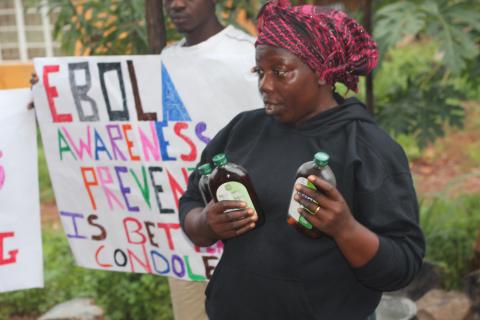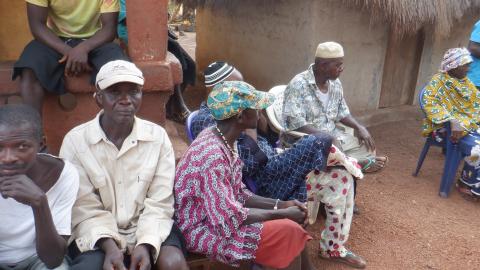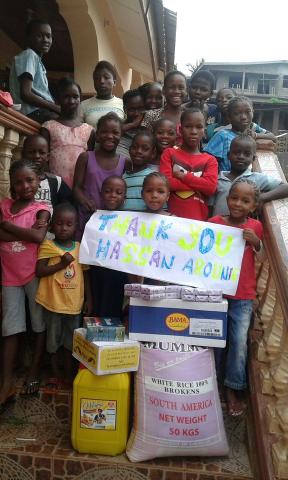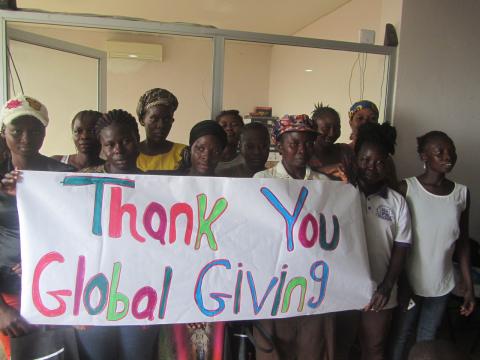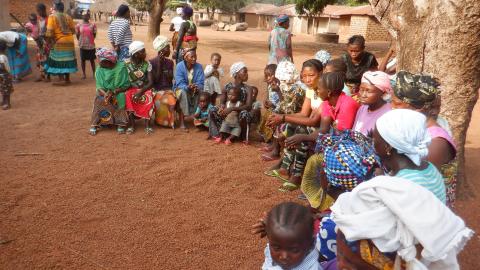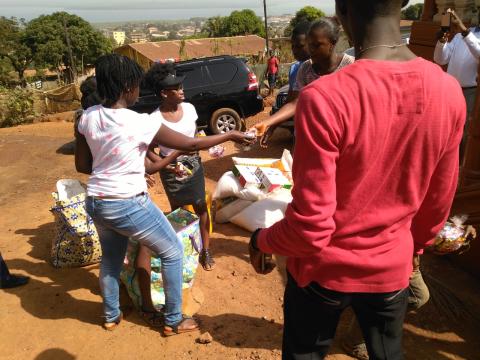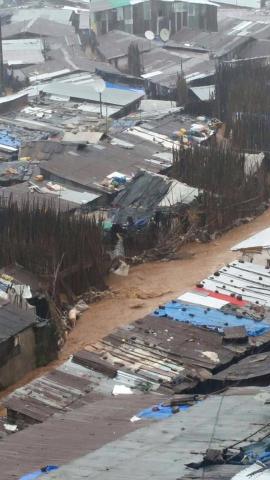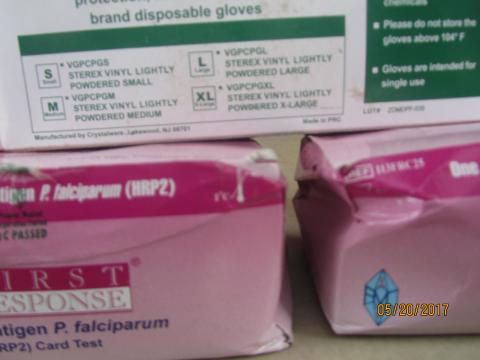Ebola Orphans Need Your Help
In the wake of the sweeping ebola virus of 2014 in Africa ten thousand innocent children have lost either one or both parents. These survivors of this deadly pandemic are left to live in confusion and uncertainty. Stigmatized by the fear that they can infect others, they’re left isolated, with no relatives or surviving adults to care for them. Psychologically damaged and without food or care these little ones are facing a dark future.

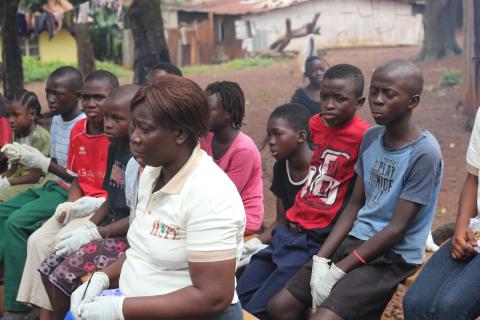
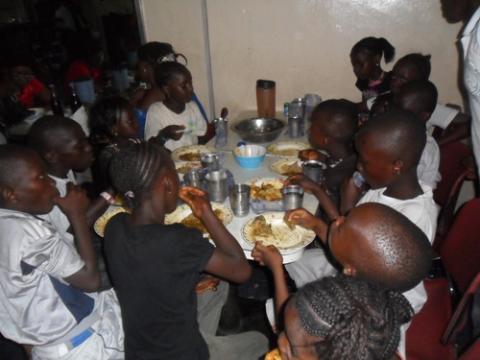
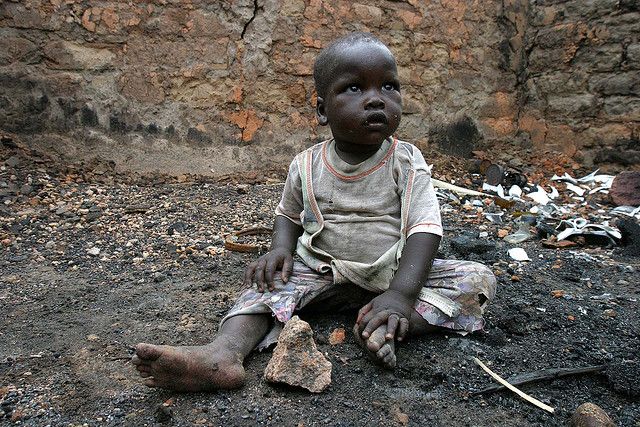 Imagine the loneliness, fear and anxiety of not knowing what tomorrow holds, of not feeling cared for, accepted or even wanted by anyone. This is the reality of an Ebola orphan.
Imagine the loneliness, fear and anxiety of not knowing what tomorrow holds, of not feeling cared for, accepted or even wanted by anyone. This is the reality of an Ebola orphan.